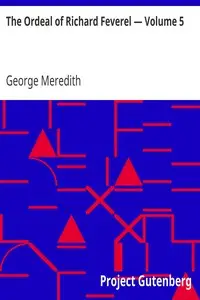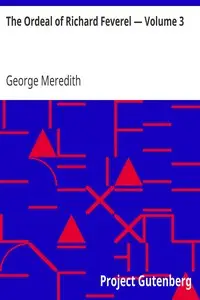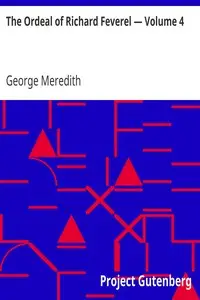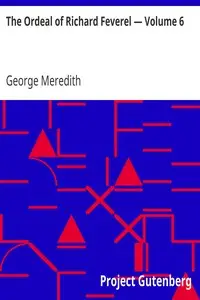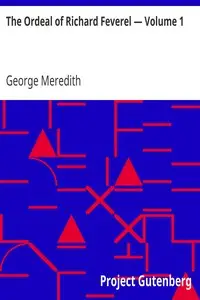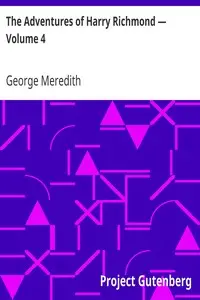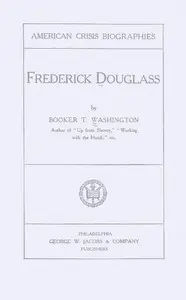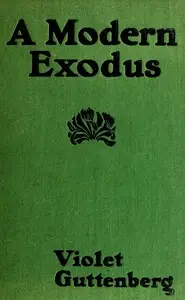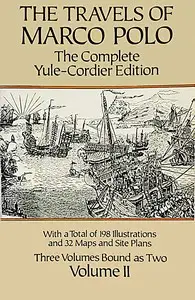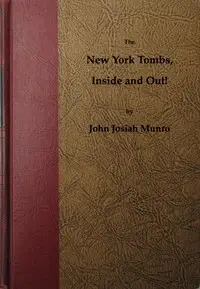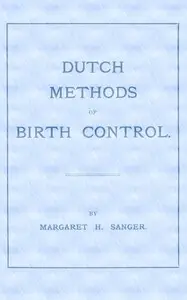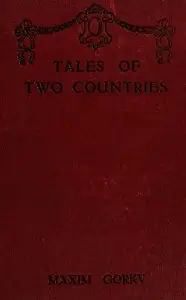"The Ordeal of Richard Feverel — Volume 2" by George Meredith is a late 19th-century story centered around a young man's journey through adolescence and the pressures of society. It highlights ideas about education, how fathers influence their children, and navigating love, all as seen through the eyes of Richard Feverel. The story kicks off during Richard’s "Blossoming Season," a symbolic time of change as he moves from childhood into his teenage years under the watchful eye of his father, Sir Austin Feverel. Sir Austin wants Richard to embody virtue and aim for a career in government. Richard also begins to develop feelings for his cousin, Clare. The first part of the book introduces Richard's struggles as he deals with what society expects of him, his own identity, and the complicated experience of love, all while living in a world of high intelligence and moral codes.
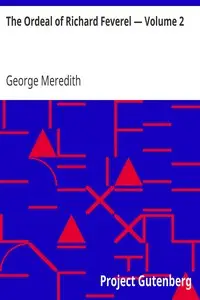
The Ordeal of Richard Feverel — Volume 2
By George Meredith
A young man's carefully constructed world of virtue and ambition crumbles as he grapples with love, identity, and the rigid expectations set by his father and society.
Summary
About the AuthorGeorge Meredith was an English novelist and poet of the Victorian era. At first, his focus was poetry, influenced by John Keats among others, but Meredith gradually established a reputation as a novelist. The Ordeal of Richard Feverel (1859) briefly scandalised Victorian literary circles. Of his later novels, the most enduring is The Egoist (1879), though in his lifetime his greatest success was Diana of the Crossways (1885). His novels were innovative in their attention to characters' psychology, and also portrayed social change. His style, in both poetry and prose, was noted for its syntactic complexity; Oscar Wilde likened it to "chaos illumined by brilliant flashes of lightning". Meredith was an encourager of other novelists, as well as an influence on them; among those to benefit were Robert Louis Stevenson and George Gissing. Meredith was nominated for the Nobel Prize in Literature seven times.
George Meredith was an English novelist and poet of the Victorian era. At first, his focus was poetry, influenced by John Keats among others, but Meredith gradually established a reputation as a novelist. The Ordeal of Richard Feverel (1859) briefly scandalised Victorian literary circles. Of his later novels, the most enduring is The Egoist (1879), though in his lifetime his greatest success was Diana of the Crossways (1885). His novels were innovative in their attention to characters' psychology, and also portrayed social change. His style, in both poetry and prose, was noted for its syntactic complexity; Oscar Wilde likened it to "chaos illumined by brilliant flashes of lightning". Meredith was an encourager of other novelists, as well as an influence on them; among those to benefit were Robert Louis Stevenson and George Gissing. Meredith was nominated for the Nobel Prize in Literature seven times.


